AC thVRsday

In his weekly column, Android Central Senior Content material Producer Nick Sutrich delves into all issues VR, from new {hardware} to new video games, upcoming applied sciences, and a lot extra.
Google introduced Android XR at a shock occasion in December 2024, unveiling the primary model of Android constructed for AR and VR gadgets. Simply because the time period “smartphone” encompasses a number of completely different type components — slabs, folding telephones, and many others. — XR is the mixture of AR and VR beneath one umbrella time period.
Whereas Android XR is a bit late to the sport, Google has the possibility to study from Meta and Apple. From all the pieces we have seen up to now, Android XR appears to be like to be the right mixture between Meta’s Horizon OS, which powers Meta Quest headsets, and Apple’s Imaginative and prescient OS on the Apple Imaginative and prescient Professional.
However whereas Google appears to be like prefer it has found out the working system aspect of issues, we nonetheless have no correct product bulletins. That is going to alter in 2025, and I totally anticipate to see at the very least one flagship VR/combined actuality headset and one pair of AR glasses make a business debut. We additionally find out about a couple of different tasks within the works, so this is what you may anticipate from Android XR in 2025.
Xreal
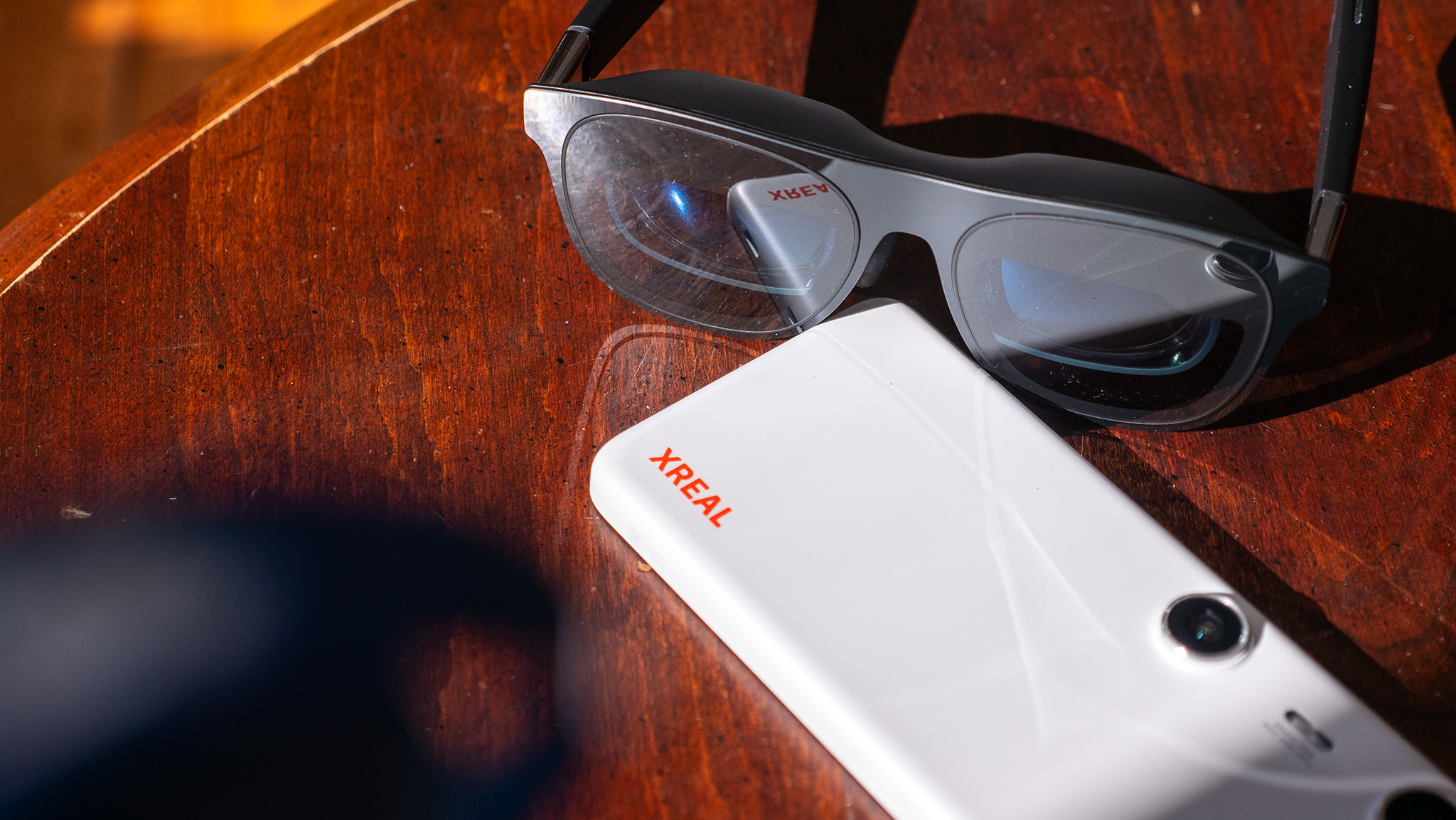
The primary main Android XR product launch I anticipate in 2025 is from Xreal. The corporate has already confirmed itself because the market chief in sensible show glasses phase and has launched two full-fledged standalone sensible glasses merchandise up to now — Beam, and Beam Professional. Beam Professional redefined the corporate’s standalone answer in 2024, and I consider Xreal will proceed to evolve this idea with its first Android XR product.
Xreal Beam Professional appears to be like so much like an Android smartphone with twin ports on the underside. I anticipate the primary pair of Android XR-powered sensible glasses from Xreal to switch this design with a “compute puck” just like what Meta Orion is utilizing. I do not anticipate it to be wi-fi like Orion’s puck, as Xreal would seemingly prioritize battery life and luxury by placing the battery within the compute puck.
I additionally do not assume the compute puck will characteristic a show, as Android XR is constructed to show an XR consumer interface fairly than a conventional flat-screen Android UI. As such, the puck will solely perform when the glasses are connected, just like that one Xreal-powered laptop computer that bought canceled.
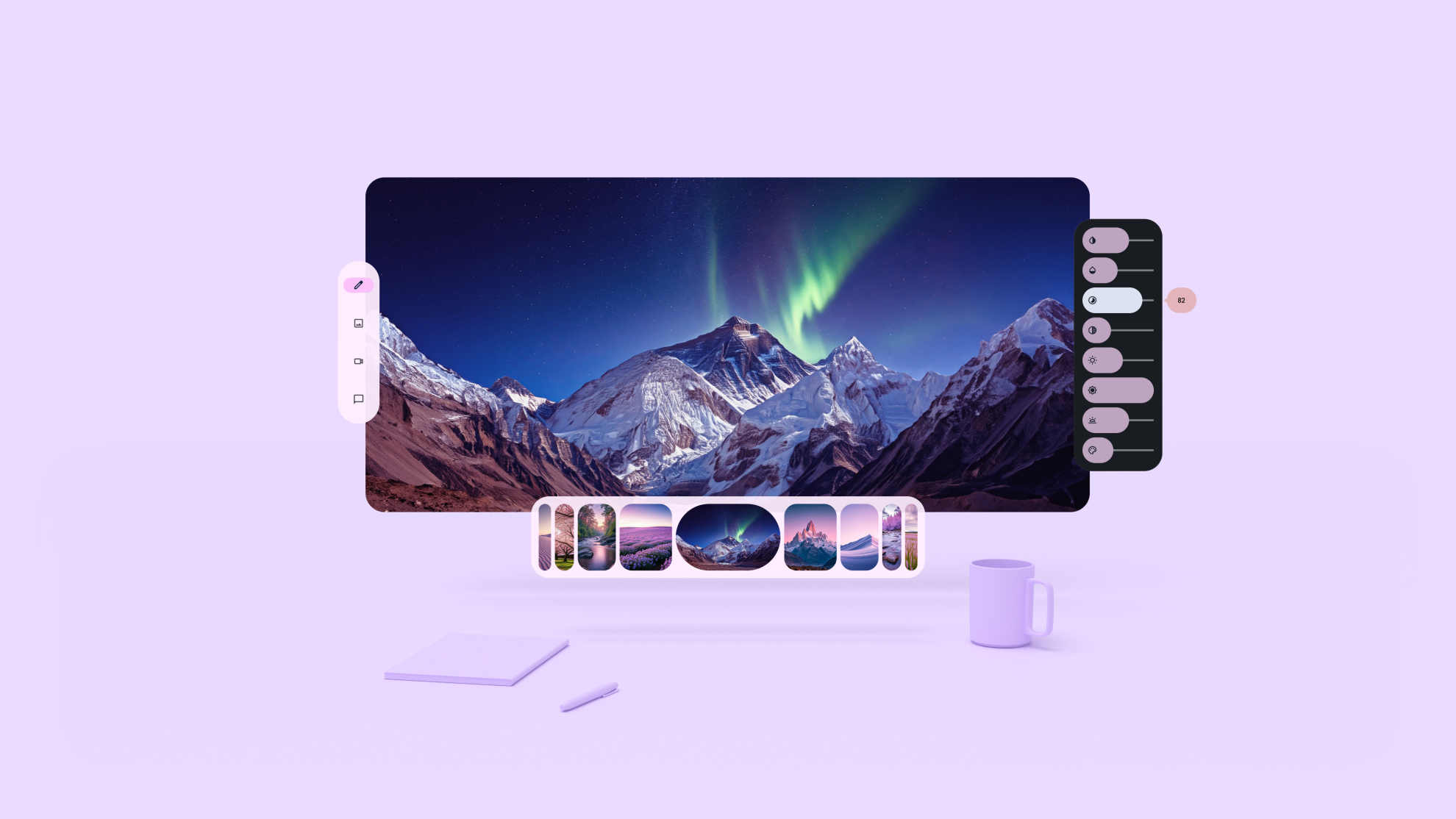
I nonetheless anticipate the glasses to have a customized piece of silicon inside, just like Xreal One, the corporate’s lately up to date sensible show glasses. Xreal One has an non-obligatory digital camera popping out quickly, however I anticipate Xreal’s first Android XR glasses to have cameras in-built for full spatial monitoring. I bought a glimpse of this future at MWC 2024 once I went hands-on with Xreal Air 2 Extremely, which featured a really beta customized UI, full 6DoF monitoring, and rudimentary hand monitoring help.
Xreal Android XR glasses will virtually actually use a compute puck that sits in your pocket or is clipped elsewhere in your physique.
With Android XR powering the expertise, hand monitoring might be flawless and the UI will look beautiful. I am fairly assured in Xreal’s capacity to ship wonderful {hardware} at this level, and totally anticipate Xreal’s Android XR glasses to problem Meta Orion in a critical manner.
Whereas the final word aim of Android XR sensible glasses will virtually actually be to switch your telephone, I feel preliminary variations from corporations like Xreal will primarily be centered on offering a neck-saving expertise for leisure and productiveness on the go.
When will we see Xreal Android XR glasses? I consider we’ll see them debut at Google I/O 2025, which is often held in Might. Google I/O is the corporate’s annual developer convention, and what higher strategy to encourage improvement for a brand new Android platform than to completely debut it and a brand new set of merchandise than at a developer convention? I am unable to consider one.
Samsung
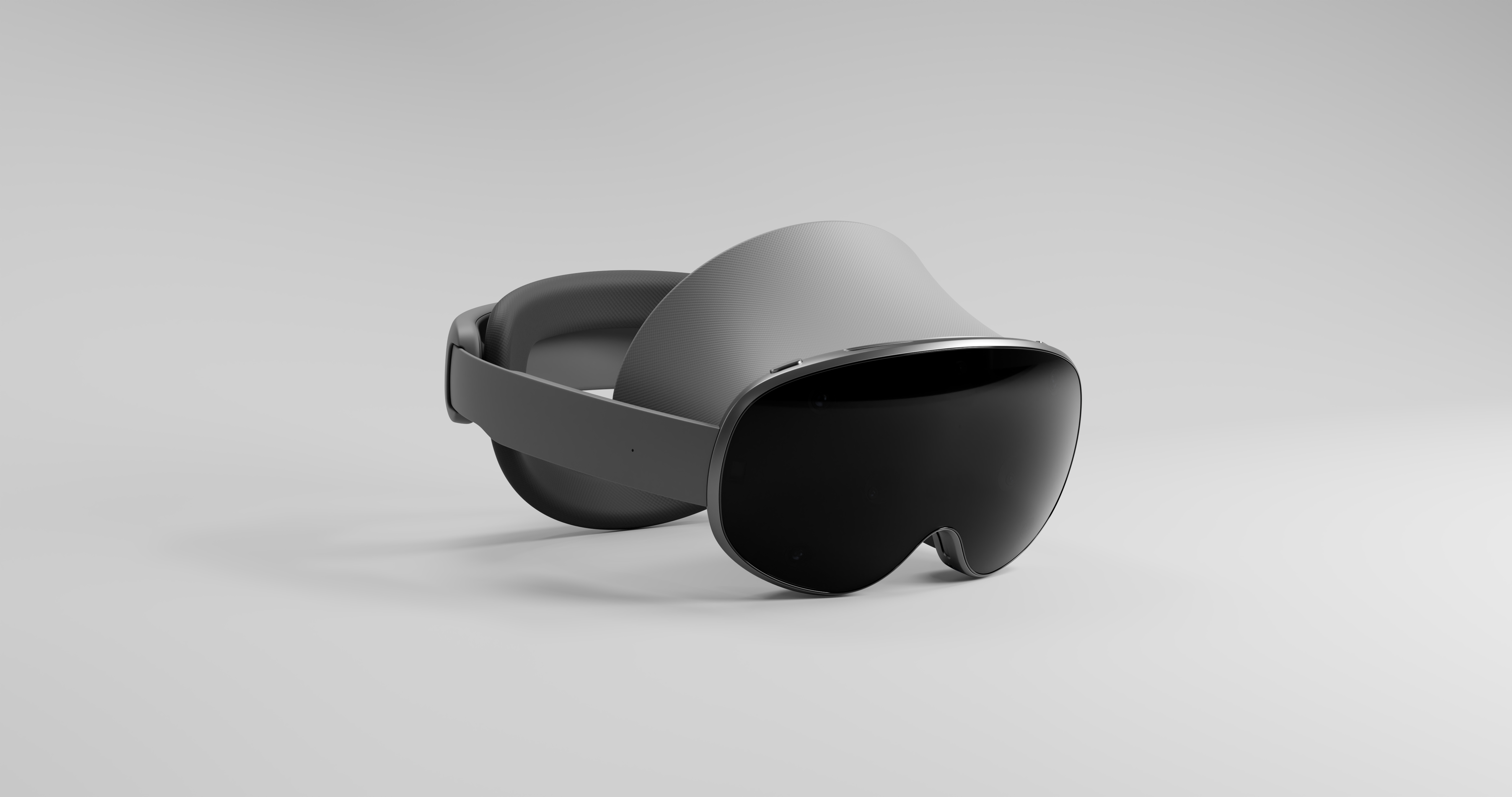
In accordance with years of leaks, Samsung and Google had initially deliberate to launch its first combined actuality headset powered by Android XR someday within the latter half of 2024. That each one modified when Apple unveiled the Imaginative and prescient Professional in the summertime of 2023, which seemingly compelled Samsung to return to the drafting board to make a extra compelling machine.
The result’s Challenge Moohan. We do not know the ultimate product title for it simply but however we do know Samsung plans to launch it commercially someday later this yr. That is a full yr late, but it surely completely means we’ll get a greater product due to it.
Samsung goals to ship a cutting-edge product that appears like a melding of the Meta Quest Professional and Apple Imaginative and prescient Professional right into a (hopefully) extra reasonably priced headset. It sports activities the identical ski goggles-like type issue as these two merchandise and even makes use of the same magnetic gentle blocker system and halo-style strap because the Quest Professional, which I nonetheless discover to be essentially the most snug VR headset for long-term use.
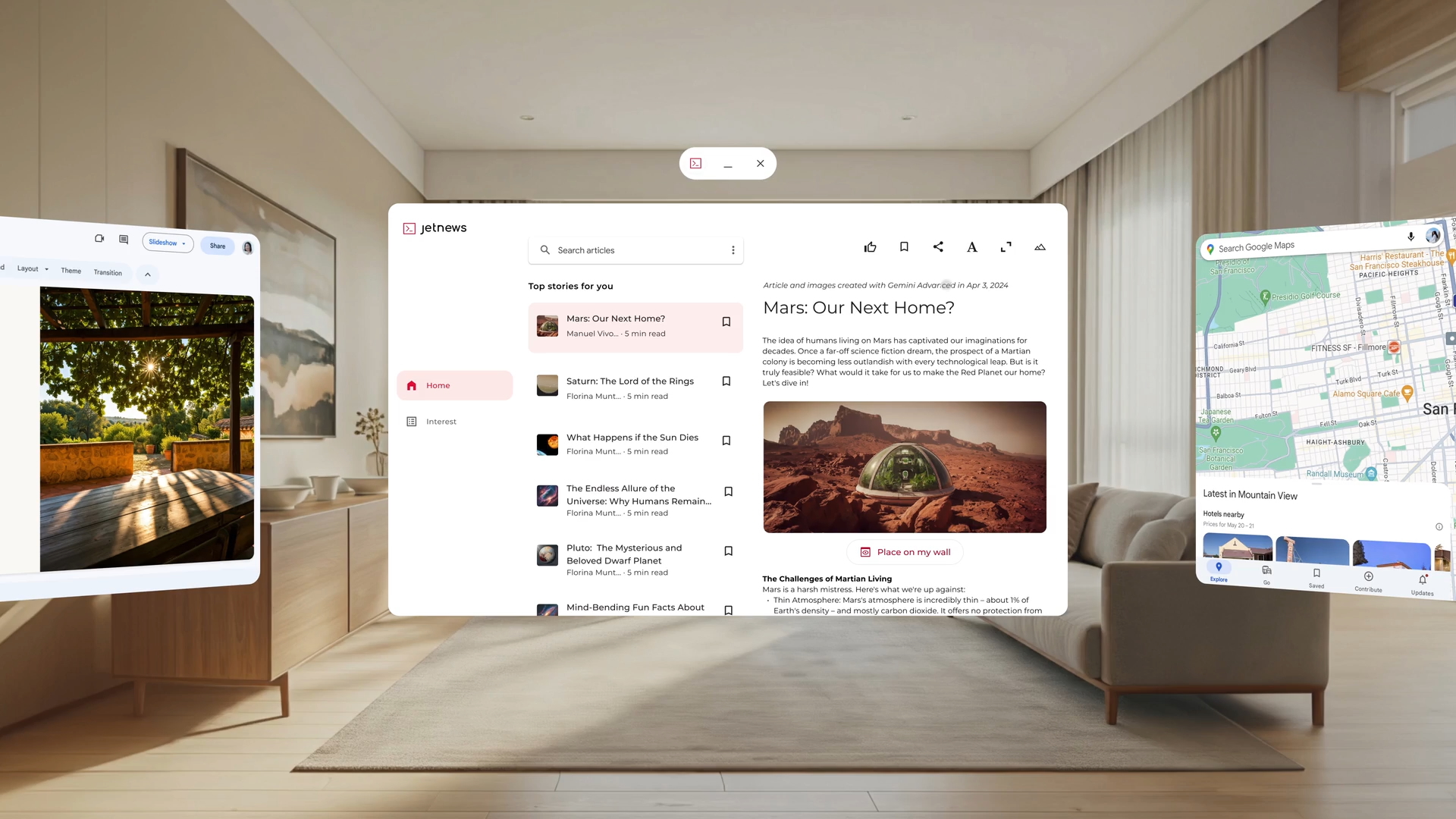
As a result of Samsung waited a bit, it is capable of repair the most important issues with the Imaginative and prescient Professional and Quest Professional, particularly by delivering a really perfect steadiness between worth, efficiency, and long-term consolation. Furthermore, not like Apple, Samsung might be launching its headset with motion-tracked controllers as an alternative of relying fully readily available monitoring.
Google is utilizing the Job Simulator builders to assist in giving its headsets a novel character that we’ll see later this yr.
Google has already tapped into its lengthy historical past with XR improvement by getting Owlchemy Labs — creators of the infinitely well-liked Job Simulator VR sport — to create the onboarding expertise for Android XR. Owlchemy constructed this new expertise within the Job Simulator world and, appropriately, calls it Inside [JOB].
Google’s use of Owlchemy Labs for this mission feels just like the “good outdated Google” that had enjoyable creating tasks and pouring a lot of character into them. That, mixed with Samsung’s {hardware} experience and what we have seen of the extremely polished Android XR, provides me excessive hopes that we’ll lastly have a very good standalone VR headset to compete with Meta’s seemingly unstoppable Quest 3 domination.
Whereas Challenge Moohan is only a prototype, hands-on demos from Google’s Android XR occasion give us a good suggestion of what we should always anticipate when the ultimate headset makes its debut, which I anticipate to occur later this Summer time on the second Samsung Unpacked of 2025. That is often the place Samsung unveils its newest foldable telephones, smartwatches, and different wearables, which, this yr, ought to embody a wearable combined actuality headset.
Everybody else
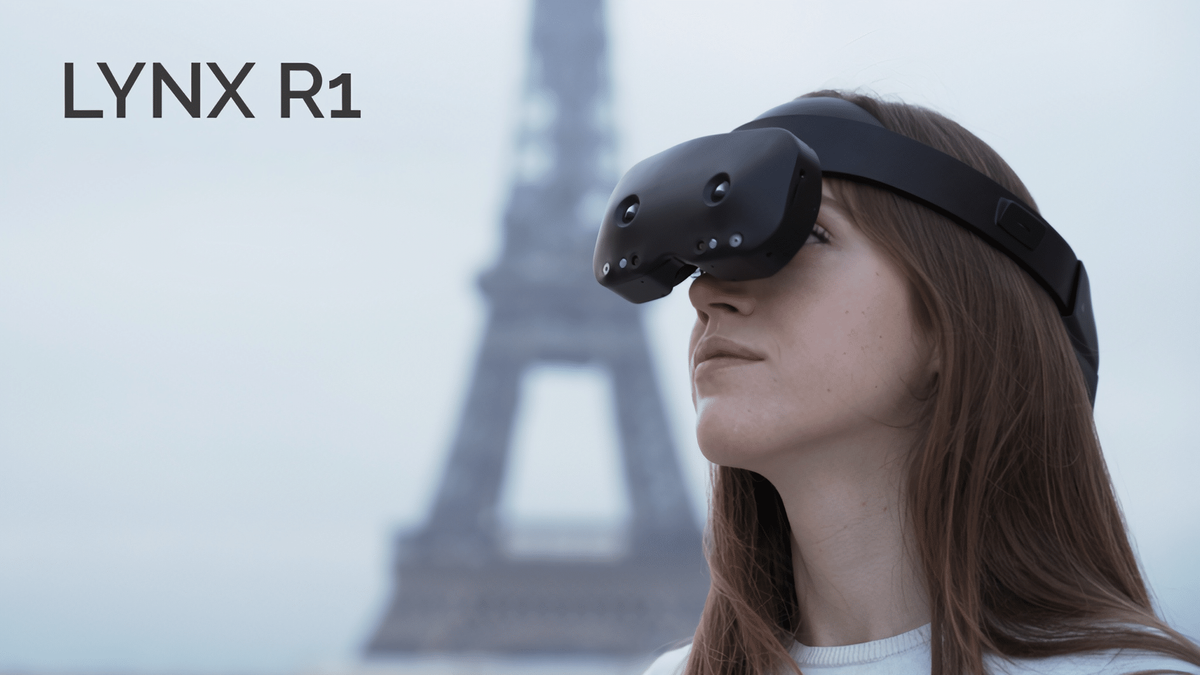
Google has additionally partnered with Sony, Lynx, and Magic Leap to debut Android XR gadgets within the close to future, however we all know subsequent to nothing about what any of those corporations are engaged on. At least, I can surmise what every firm would possibly do based mostly on current merchandise.
Magic Leap will, undoubtedly, make a brand new pair of AR glasses that’ll be powered by Android XR as an alternative of the OS that powers current Magic Leap glasses. Magic Leap was the primary AR firm that partnered with Google final yr to assist construct Android XR. It is sensible, then, that Magic Leap will at the very least tease a brand new pair of AR glasses this yr.
Sony is understood within the XR area primarily for PlayStation VR, however the firm additionally introduced a brand new combined actuality headset final January for enterprise prospects however has but to correctly launch it. That headset — now referred to as Sony XYN — is powered by the identical Snapdragon XR2 Plus Gen 2 chipset that powers Samsung’s Challenge Moohan (detailed above), so it might make sense for Sony to construct one other model of this headset utilizing Google’s new XR OS and provides it a wider viewers than who it is at the moment made for.
Three different main corporations, Lynx, Sony, and Magic Leap, are additionally anticipated to debut Android XR merchandise this yr, however these could not make retailer cabinets.
And that simply leaves Lynx. The corporate’s first headset, the Lynx R1, soft-launched within the spring of 2024 to a handful of early monetary backers. The headset featured cutting-edge “no latency” combined actuality imaginative and prescient and can be powered by a Snapdragon XR2 chipset, though the R1 by no means went into mass manufacturing.
It is fully seemingly that the corporate is working with Google to correctly launch a headset constructed upon related tech within the R1 however utilizing a more moderen Snapdragon chipset and Android XR on the backend. That helps the corporate with the app help it wants to make sure a wealthy expertise and assist Google to launch a wholesome Android XR product portfolio by the tip of 2025.
Bridging the hole
Android XR looks like the start of Android again in 2008. A lot of Android’s authentic public announcement talked about how fragmented the area was and the way one firm (Google) might convey all of them along with an OS that helps set requirements and outline the consumer expertise.
Meta is making an attempt the identical factor on the similar time, however Google has practically 2 a long time of expertise constructing a platform that works on hundreds of gadgets. The corporate completely can ship on the promise of an OS that bridges the hole between several types of {hardware} and delivers a stellar expertise for something you need it to do, and we will not wait to see what the primary actual product brings this yr.